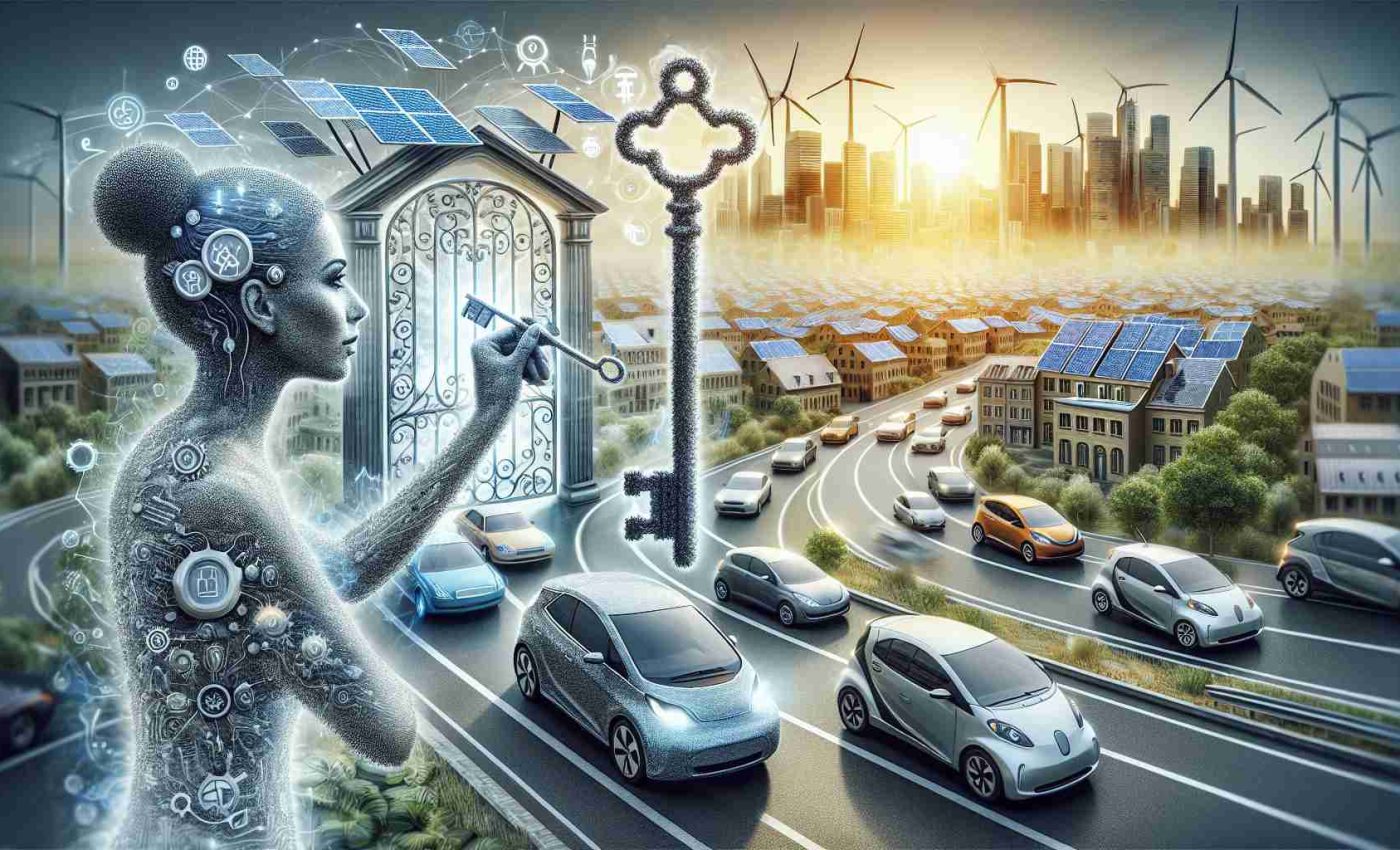Major Partnerships Propel EV Innovation
LG Energy Solution and General Motors (GM) are intensifying their collaboration to develop advanced prismatic battery cell technology. This new agreement builds on their successful 14-year partnership, specifically enhancing their Ultium Cells joint venture, which has already resulted in numerous manufacturing facilities across the U.S. The introduction of prismatic batteries, known for their space efficiency and flat design, is set to energize GM’s future electric vehicle lineup.
Meanwhile, Blink Charging is teaming up with NH Hotels & Resorts to roll out EV charging stations at multiple hotel locations throughout the U.S. and Europe. This strategic partnership aims to meet the increasing demand for EV infrastructure, offering travelers convenient charging options while promoting sustainability within the hospitality sector.
Further, Ampere and STMicroelectronics are collaborating on cutting-edge Silicon Carbide power modules, set for implementation in 2026. This development will significantly boost the efficiency of Ampere’s electric powertrains, pushing boundaries in EV innovation.
Evgo recently hit a milestone by surpassing 2,000 public fast charging stalls, marking a critical step in enhancing EV infrastructure across the nation. This ambitious project targets underserved areas, supporting a smoother transition to electric mobility.
The EV landscape is advancing rapidly, driven by partnerships and innovations that promise to reshape the future of transportation.
Electrifying Tomorrow: Key Partnerships and Innovations in the EV Industry
Major Partnerships Propel EV Innovation
The electric vehicle (EV) market is witnessing remarkable advancements, thanks to strategic partnerships among industry leaders. These collaborations focus on enhancing technology, expanding infrastructure, and boosting sustainability efforts, shaping the future of transportation.
Innovations and Features
1. Prismatic Battery Cell Technology
LG Energy Solution and General Motors (GM) are elevating their longstanding collaboration, particularly in developing advanced prismatic battery cell technology. This partnership reinforces their Ultium Cells joint venture, which has already led to the establishment of several manufacturing plants in the U.S. The introduction of prismatic batteries—renowned for their flat design and efficient space utilization—is set to significantly enhance GM’s future electric vehicle offerings.
2. EV Charging Infrastructure Expansion
Blink Charging and NH Hotels & Resorts are revolutionizing the hospitality experience by integrating EV charging stations in hotel locations across the U.S. and Europe. This initiative meets the growing demand for convenient charging options and promotes sustainability for eco-conscious travelers, reflecting a broader trend in the hospitality industry to cater to the needs of EV owners.
3. Silicon Carbide Power Modules
The collaboration between Ampere and STMicroelectronics aims to implement cutting-edge Silicon Carbide power modules by 2026. These innovations are expected to enhance the efficiency of Ampere’s electric powertrains, pushing the boundaries of performance in EV technology and potentially reducing costs associated with manufacturing and energy consumption.
Market Insights and Trends
– Infrastructure Development: Evgo has recently achieved a significant milestone by surpassing 2,000 public fast charging stations across the nation. This expansion is particularly focused on underserved areas, reinforcing the commitment to improving EV infrastructure and making electric mobility more accessible to a broader audience.
– Sustainability and Convenience: As consumer interest in sustainability grows, collaborations like that of Blink Charging and NH Hotels demonstrate a shift in how businesses are integrating renewable energy solutions into their services. This trend is expected to continue as more companies recognize the importance of accommodating electric vehicle users.
Pros and Cons of EV Partnerships
– Pros:
– Accelerated technology development through shared expertise.
– Increased availability of charging infrastructure, encouraging EV adoption.
– Enhanced sustainability efforts within multiple industries, including hospitality.
– Cons:
– Potential dependency on partnerships may lead to vulnerabilities if one partner faces challenges.
– The need for continued investment in infrastructure could strain resources in the short term.
Predictions for the Future
As the EV industry continues to evolve, we can expect to see:
– Increased Adoption of EVs: With advancements in technology and expansion of charging infrastructure, more consumers will consider electric vehicles as viable alternatives to traditional combustion engines.
– Sustainable Innovations: Continuous innovation in battery technology and power modules will lead to longer-lasting, more efficient electric vehicles, reducing the overall environmental impact.
– Enhanced User Experience: Collaborations focusing on infrastructure will likely improve the convenience and accessibility of EV charging, making electric vehicles more appealing.
Conclusion
The electric vehicle landscape is transforming rapidly, bolstered by strategic partnerships and groundbreaking innovations. As major players like LG Energy Solution, GM, Blink Charging, and others embrace collaboration, the future of transportation looks promising, setting the stage for a sustainable and efficient electric mobility experience.
For more information on the latest trends and developments in the EV industry, visit Electric Vehicle News.







